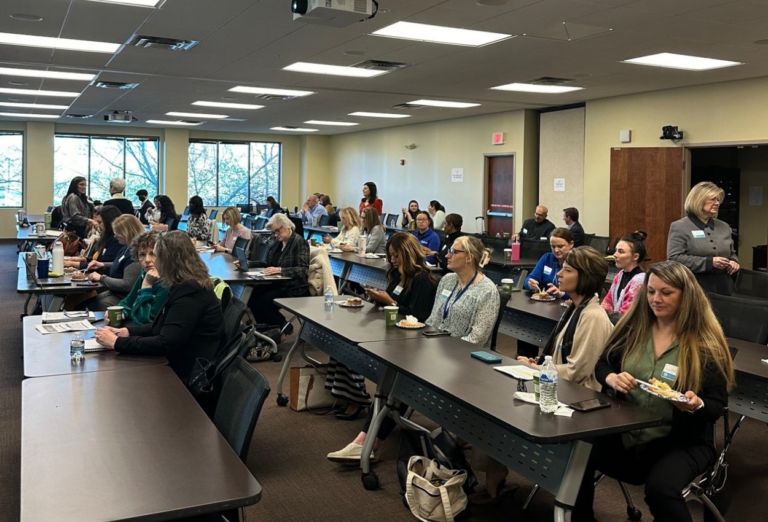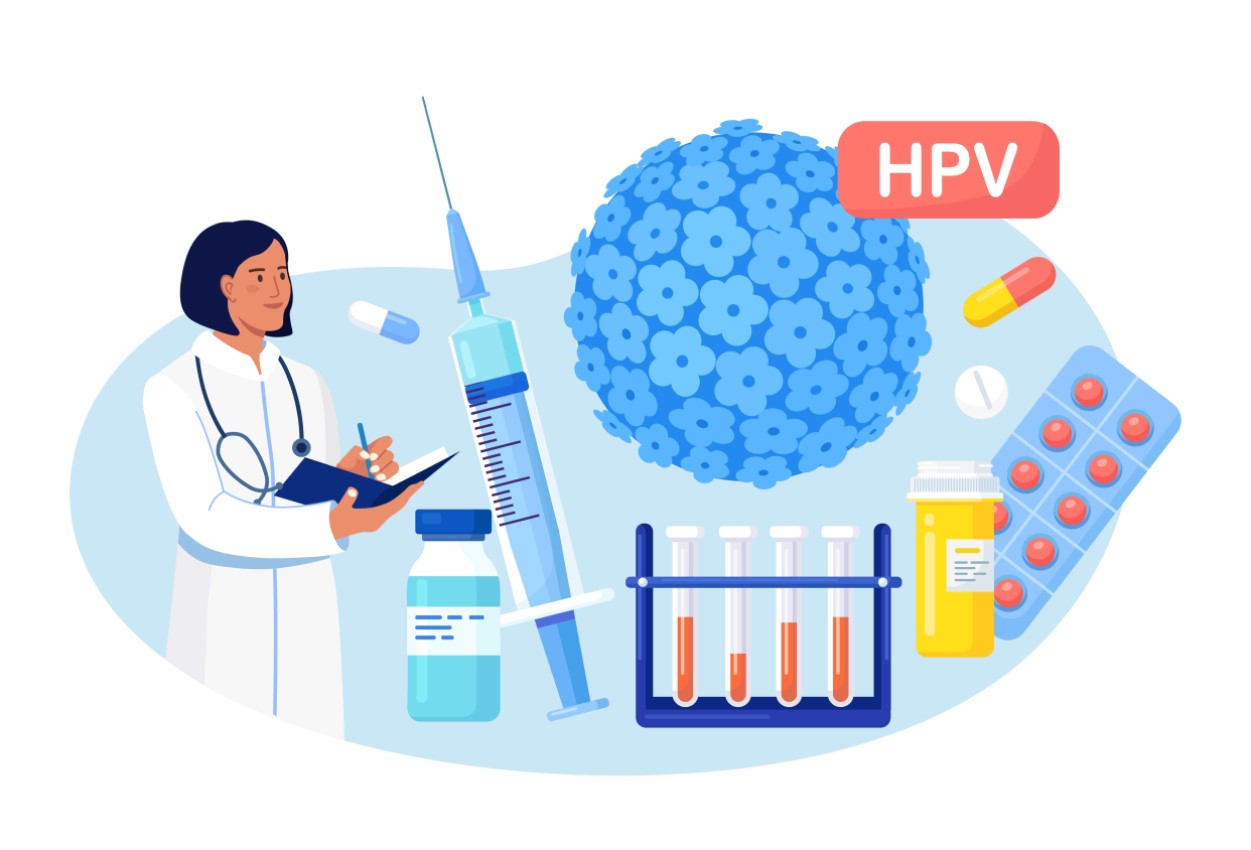(Note: this column was written by Samantha Arsenault, Director of National Treatment Quality Initiatives at Shatterproof, a national nonprofit organization dedicated to ending the devastation addiction causes families. Samantha will speak at the 2018 KHC Annual Conference.)

In the past year, 20.1 million Americans had a substance use disorder (SUD), of which more than 2 million were addicted to opioids. Approximately 90,000 Americans die every year related to the misuse of alcohol, and in 2016, 63,600 people died of a drug overdose. Of those, approximately two-thirds were related to prescription or illicit opioids. In addition to rising mortality and morbidity, the cost of the opioid crisis to our society in lost productivity, healthcare, and criminal justice costs exceeds $500 billion per year.
Many of us are all too familiar with these statistics. In fact, addiction affects 1 in 3 people in the US. Yet, many people are not aware that addiction is a chronic relapsing disease, or that decades of scientific evidence has shown that it can be treated with the same effectiveness as other chronic illnesses, such as diabetes or hypertension. Evidence-based SUD treatment can reduce the risk of overdose while improving outcomes and reducing costs.
What is “good” addiction treatment?
Unfortunately, there is no one-size-fits-all model. There is no standard programmatic combination or duration of medications, behavioral therapies, or social supports that will reliably bring about recovery for all those affected with SUD. Individuals with SUDs vary substantially in the nature, complexity and severity of their health problems as such, treatment should include an individualized combination of FDA-approved medications, behavioral therapies, and social supports to reduce or eliminate the substance use and to improve general health and function. The National Principles of Care for SUD Treatment are core components of addiction treatment that are shown to improve patient outcomes. These include:
- Universal screening for substance use disorders (SUDs) across medical care settings
- Rapid access to appropriate SUD care
- Personalized diagnosis, assessment, and treatment planning
- Engagement in continuing long-term outpatient care with monitoring and adjustments to treatment
- Concurrent, coordinated care for physical and mental illness
- Access to fully trained and accredited behavioral health professionals
- Access to FDA-approved medications
- Access to non-medical recovery support services
Implementing the National Principles of Care
There is a deadly stigma around addiction – a misconception that it is a moral failing rather than a manageable disease. Stigma causes individuals to suffer in silence rather than seek life-saving help and has resulted in a fragmented treatment system separate from mainstream healthcare. Currently, only one in ten people with an SUD receives any form of treatment, and many of those receive care that is absent of the evidence-based best practices highlighted above. This can result in poor outcomes and significant costs for patients and families seeking help, as well as a blemished reputation for the field.
While legislative and regulatory mechanisms, including the Mental Health Parity and Addiction Equity Act and Affordable Care Act require insurance coverage of addiction treatment at par with other medical conditions, and the passage of the Comprehensive Addiction Recovery Act (CARA) and Twenty-First Century Cures Act seek to expand prevention, education, and treatment around this disease, there has been slow adoption of life-saving treatment modalities.
Shatterproof is a national nonprofit organization dedicated to ending the devastation that addiction causes families and the lead convener of the Substance Use Disorder Treatment Task Force. This coalition of key stakeholders and experts in addiction treatment is working to close the gap between the tragic outcomes of those suffering from SUDs and the promise of effective treatment. Currently, this work is focused in four key areas: payer-based strategies, provider practices, consumer education, and legislative and regulatory policies.
In addition to the responsibility to cover mental health and addiction treatment at parity with physical health conditions, payers can influence access, availability, and delivery of evidence-based treatment modalities. The first deliverable of the Task Force was a publicly signed agreement by sixteen large insurers, representing more than 248 million lives, to recognize and adopt the National Principles of Care. The agreement among payers included a commitment to identify, promote, and reward addiction treatment practices consonant with the Principles. The Task Force is now working with payers to adopt strategies which reduce barriers and incentivize high quality care.
Groups across the country, big and small, are working to reverse stigma and improv access to life-saving addiction treatment. Join us at the Fourth Annual KHC Conference to learn more about 1) the core components of evidence-based addiction treatment, and 2) understand current systemic barriers and opportunities to changing this system.






